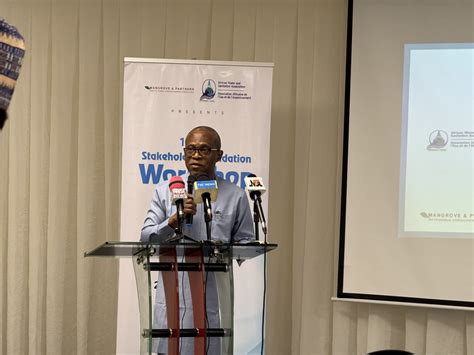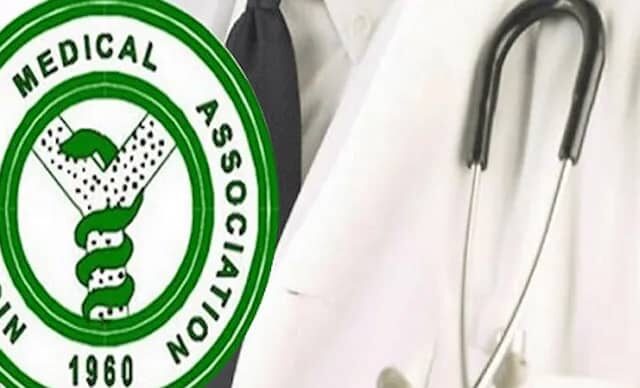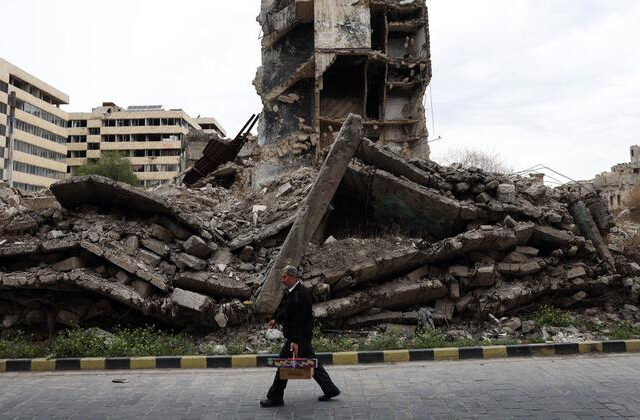Stakeholders have urged the Federal Capital Territory Administration (FCTA) to urgently implement a coordinated sanitation and services plan for satellite communities like Mpape, where more than 30 per cent of residents lack access to toilets.
This formed part of the key recommendations arising from a meeting held in Abuja to review the findings of a recent sanitation study conducted in Mpape District.
The study, titled ‘Mpape Sanitation Baseline Assessment’, was unveiled at the Citywide Inclusive Sanitation (CWIS) Performance Improvement Plan Workshop, led by Mangrove and Partners, an institutional strengthening organisation, on Friday.
Participants noted that Mpape, a densely populated community near Maitama, faces poor sanitation, inadequate water access, and unmanaged waste in spite its closeness to some of Abuja’s most affluent areas.
Presenting the findings, Mr Timeyin Uwejamomere, a town planning expert and Fellow of the Nigerian Institute of Town Planners, decried the stark disparities in infrastructure provision between central Abuja and its rapidly expanding outskirts.
“Many Mpape residents, who work as domestic staff, security personnel, and artisans in high-income neighbourhoods, live in squalid conditions and return to environments that deny them dignity,” he said.
He explained that in the absence of any regional, city or district development plan for Mpape, the area had developed without essential infrastructure.
“As a result, residents rely on open defecation and overflowing pit latrines, which often spill into nearby drains.
“We found that over 60 per cent of residents in Mpape and similar satellite towns depend on on-site sanitation mainly unlined pit latrines and soakaways with no structured system for waste evacuation or treatment,” he added.
The study also revealed that, although the Wupa central wastewater treatment plant in Abuja had six treatment basins, only two were currently operational.
This, according to Uwejamomere, was due to the failure to connect completed sewer networks from parts of Abuja Phases II and III to the facility.
“We are using only around 30 per cent of Wupa’s capacity, despite significant public investment. These connections must be completed without delay,” he said.
The recommendations from the study included the immediate reconnection of dormant sewer lines to the Wupa treatment plant, as well as the mapping and registration of informal sanitation workers.
It also proposed the provision of training and Personal Protective Equipment (PPE) for sanitation operators and the establishment of a dedicated Faecal Sludge Management Unit within the Satellite Towns Development Department (STDD).
In addition, it called for the creation of a specific budget line for sanitation and public toilet operations under the Abuja Environmental Protection Board (AEPB).
Further suggestions included the revision of Abuja’s outdated regional masterplans to incorporate inclusive sanitation strategies for satellite communities.
Another recommendation was the extension of potable water supply to Mpape and adjoining areas through the Greater Abuja Water Project.
“The introduction of simplified sewerage systems in hilly terrains such as Mpape was also proposed.
“The conversion of dried faecal sludge into compost or fuel briquettes for use in urban parks and peri-urban agriculture was also recommended”.
Uwejamomere also highlighted that open defecation, often perceived as a rural issue, is now a growing urban crisis in the Federal Capital Territory (FCT).
“It is estimated that more than 40 per cent of Abuja’s population engages in open defecation, especially in informal and unplanned settlements.
“Unfortunately, the FCT still lacks a clear strategy or dedicated budget for the Clean Nigeria Campaign, in spite of it being a federal initiative that began six years ago”.
He called for the elevation of sanitation concerns to the highest level of governance in the territory, urging the FCT Minister to spearhead a citywide basic services catch-up initiative.
“We cannot have a city that is beautiful at the centre while 60 per cent of its population lives in deplorable conditions. Without sanitation, the city is not truly safe,” he said.
Earlier, the District Head of Mpape, Chief Musa Pada, decried the lack of basic amenities in the community, citing poor access to clean water, inadequate healthcare, and worsening sanitation.
“We don’t have water. We rely on private boreholes, and when there’s no electricity, water trucks cost N2,000. We are suffering,” he said.
Pada noted that in spite of Mpape’s proximity to Abuja city centre, the community received little or no government support.
He estimated the population at more than two million, yet residents lacked access to basic services such as clean water, healthcare, and sanitation.
“Our health centre is overstretched. What we need is a properly equipped general hospital.
“The roads are in poor condition, there are no public toilets in our markets, and landlords construct houses without providing toilet facilities. There is no enforcement of building regulations,” he said.
He explained that multiple letters and appeals had been sent to the Federal Capital Territory (FCT) Administration but no tangible action had been taken.
“The FCT only comes here to extract resources. They do nothing to improve the lives of people in Mpape,” he added, calling for urgent government action to address the community’s critical needs.
Stakeholders at the meeting included representatives from the FCT Rural Water Supply and Sanitation Agency (RUWASSA), AEPB, development partners, and community-based organisations.
They pledged continued advocacy and technical support to ensure that sanitation planning in Abuja was inclusive, data-driven, and adequately funded.








w6t9lc
irog6k
zhjjjx